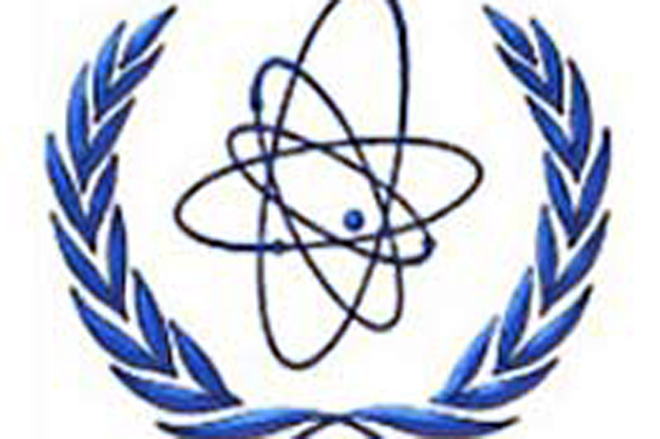Azerbaijan, Baku, 3 April / corr. Trend D. Khatinoglu, R.Agayev/ The refusal by Iran to cooperate with the permanent members of UN Security Council (SC) on nuclear issues could result in tougher sanctions. " Iran's refusal from holding talks with 'Six' could cause tension," Vladimir Yevseyev, the Russian expert said to Trend .
The Russian envoy to UN Vladimir Churkin stated on 31 March that Iran should not cease its cooperation with the six permanent members of the UN Security Council. According to Churkin, talks are the only way out to solve the problems generated by Iran's nuclear plan. He added that Iran's refusal from talks could cause terrible results.
"The decision by Tehran to cease cooperation with the 'Six' is wrong," said Yevseyev, the senior specialist of the Analytical Department of Presidium of Russian Academy of Sciences. He is sure that the UN SC members are leading countries and the large opportunities they posses can facilitate the lives of plain Iranians in many respects.
Vladimir Yevseyev said that the 'Six' will not strive for the solution of Iran's nuclear problem through military means. According to the expert, however, it is obvious that sanctions against Iran is increasing day by day and Iran is put before the choice - to transfer from uranium enrichment to plutonium enrichment and to soften the sanctions against the country while retaining its sovereign right to the peaceful atom.
This choice can be put by the 'Six', but not by International Atomic Energy Agency (IAEA), as the latter does not have the right to grant privileges, the Russian expert said. "Unfortunately, Iran insists on its position and if it keeps on like this, new sanctions could be imposed in the summer," said the senior specialist of the Analytical Department of Presidium of Russian Academy of Sciences.
According to Ahmad Shirzad, the Iranian expert on nuclear issues, Iran must take a more moderate position toward UN SC regarding the nuclear issues. "The next UN SC sanctions on Iran's nuclear program could be tougher and may lead to an economic crisis in the country. Iran does not need to enrich its uranium. The isolation of the country because of the unnecessary program is the wrong policy. Official Tehran should not be negligent of the anxiety about its nuclear program," Shirzad, the former Iranian MP said to Trend by telephone.
According to Shirzad, the next UN SC sanctions could impose an embargo on the oil industry of Iran.
According to Pirouz Mojtahedzadeh, the chairman of the British Investigation Fund Yurosevik, the West was not committed to transparency in its cooperation with Iran and it will compel Iran to stop uranium enrichment, a useless step. " Iran should be given interesting and attractive proposals. To begin with, the core of talks with Iran must be determined. The steps aiming at using force against Iran cannot yield good results. However, Iran should not cease discussions with the 'Six'. This could lead to serious problems," Mojtahedzadeh said to Trend by telephone.
The UN SC is demanding that Iran stops uranium enrichment. The West, especially Washington is suspicious of Iran's plans that uranium enrichment is for peaceful purposes. Iran has stated that it is carrying out nuclear programs to generate electricity and does not pursue any military purposes.
The UN SC members include Russia, China, U.S., France, Great Britain and Germany.
The correspondent can be contacted at: [email protected]






